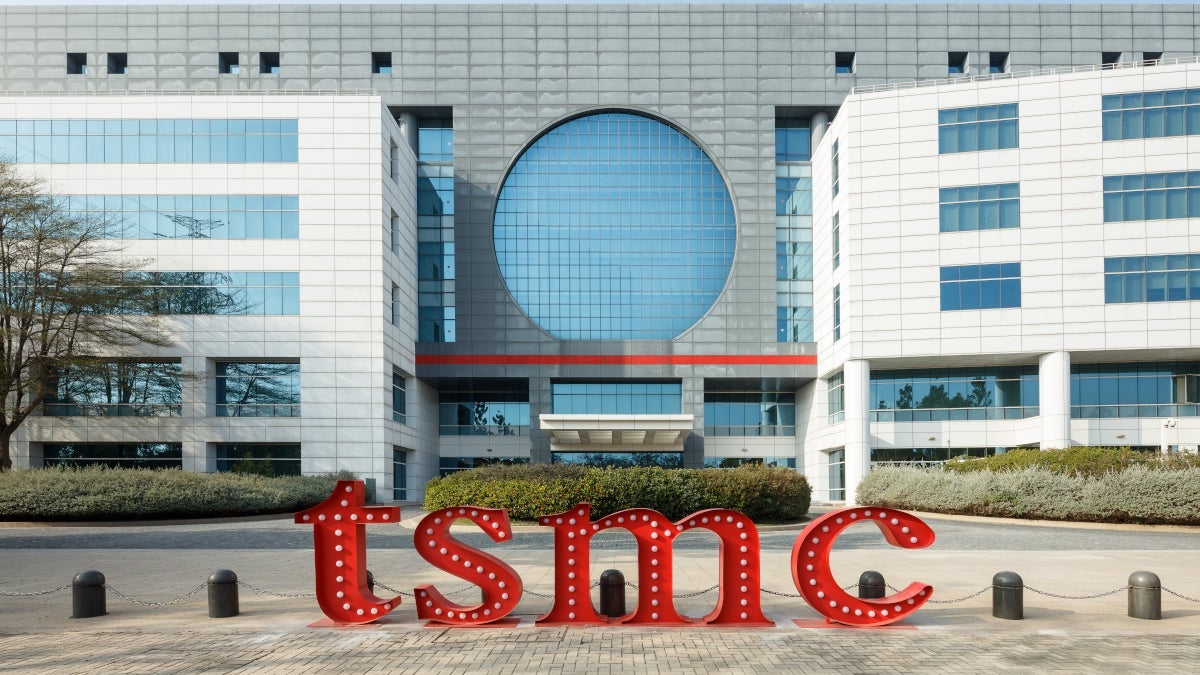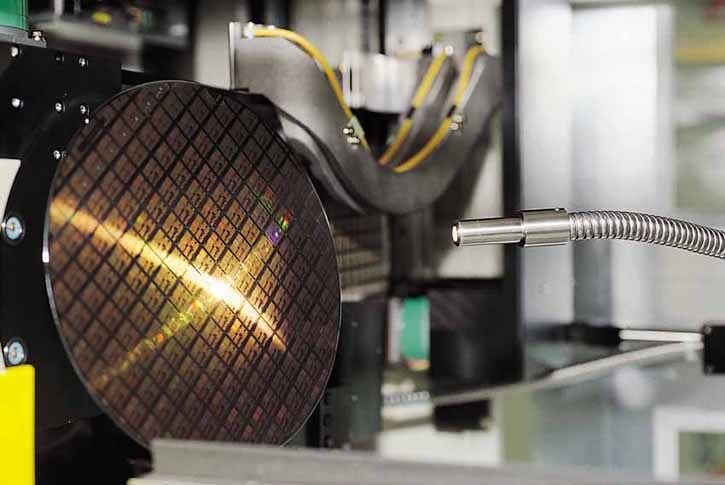Taiwan’s science minister: U.S. leads in chip production

Taiwan’s TSMC Corporation, the world’s largest contract chip maker, is expanding its U.S. facilities, underscoring the strategic importance of the U.S. semiconductor industry. However, despite TSMC’s technological advances, Taiwan’s science minister, Wu Cheng-wen, said it is the US that is the world leader in chip manufacturing.
Taiwan’s science minister, Wu Cheng-wen, has said that it is the US that is the global leader in chip manufacturing.
Building TSMC fabs in Arizona
TSMC plans to build three factories (fabs) in Arizona. The company has received $6.6 billion from the U.S. government for these projects. The first fabs will start producing 4nm chips early next year. By the end of the decade, the last of the three fabs will be producing 2nm chips, which will be a key milestone for the technology in the US.
The last of the three fabs will produce 2nm chips.
Nevertheless, in TSMC’s home country of Taiwan, the company could reach 1nm chip production by 2030. Taiwan remains a major center of advanced manufacturing, where the most advanced semiconductors are created.
The company’s home base in Taiwan will be a key stage in the development of the technology.
Why is the processing node important?”
The process node (e.g., 7nm, 4nm, 2nm) determines the size of the transistors in the chip. The smaller the node, the smaller the transistors, allowing more elements to be placed on a single chip. This improves chip performance and energy efficiency.
In comparison, the A13 Bionic in the iPhone 11 was built on a 7nm process and included 8.5 billion transistors. The current A17 Pro for the iPhone 15 Pro and Pro Max is built on a 3nm node and already has 19 billion transistors.
TSMC will begin mass production of 2nm chips in Taiwan in 2025. The iPhone 18 in 2026 is expected to be the first device with this process. In addition, TSMC is willing to share 2nm technology with «friendly countries» once it starts developing smaller 2nm nodes in Taiwan.
TSMC is also willing to share 2nm technology with «friendly countries» once it starts developing smaller 2nm nodes in Taiwan.
U.S. Leadership in Chip Manufacturing
Despite Taiwan’s leadership in chip manufacturing, the US maintains a dominant position in the semiconductor value chain. This is due to key steps such as chip design and materials production. For example, Apple designs its chips in the U.S. and outsources production to TSMC in Taiwan.
Even with three fabs in Arizona, it is unlikely that they will be able to compete with TSMC’s advanced facilities in Taiwan. Nevertheless, TSMC’s expansion in the U.S. strengthens the country’s position in the global semiconductor industry.









